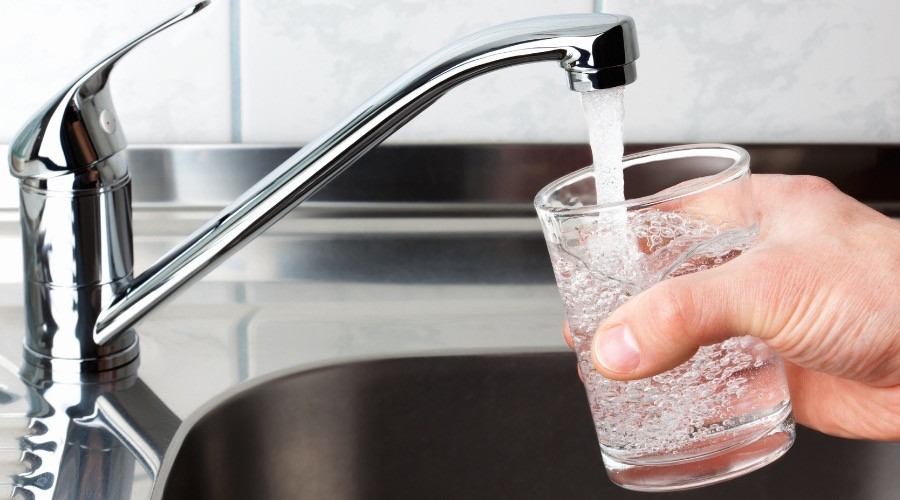The Importance of Backflow Prevention and Testing
Backflow testing serves as a critical line of defense in preserving water quality. Water contamination and expensive plumbing issues often arise when backflow goes undetected or unchecked. Regular testing ensures that water supplies remain clean, reducing the risk of health hazards caused by pollutants entering potable systems. Consistent inspections help maintain plumbing integrity and protect overall well-being.
Simple routine checks can make a significant impact. A functioning backflow prevention system helps prevent emergencies that could affect entire properties or neighborhoods. These inspections not only support safe water consumption but also minimize the need for costly future repairs. With each annual test, confidence in a secure water supply grows stronger.
What Is Backflow?
 Backflow refers to the unwanted reversal of water flow, where contaminants from non-potable sources enter clean water lines. This often occurs during drops in water pressure within the main supply line. Cross-connections, such as irrigation systems or boilers, create high-risk entry points for this type of contamination. Preventive measures and testing can minimize these risks.
Backflow refers to the unwanted reversal of water flow, where contaminants from non-potable sources enter clean water lines. This often occurs during drops in water pressure within the main supply line. Cross-connections, such as irrigation systems or boilers, create high-risk entry points for this type of contamination. Preventive measures and testing can minimize these risks.
Backflow poses serious health concerns due to the potential introduction of harmful bacteria, chemicals, and other pollutants into drinking water. Data from the CDC links contaminated water sources to millions of illnesses annually across the country. Without preventative systems in place, hazardous materials from ordinary fixtures could enter drinking water unnoticed.
What Is Backflow Testing?
Backflow testing involves checking backflow prevention assemblies to confirm they are working properly. Certified plumbers assess components like valve seals and pressure levels to ensure unidirectional flow. The inspection process is typically quick and non-invasive, providing immediate results on system integrity.
Routine testing plays a critical role in ensuring continued protection against contamination. Without it, mechanical failures can occur undetected, putting water supplies at risk. Regulatory agencies often require annual certification, especially in commercial or high-risk residential properties. Regular testing ensures compliance and system performance.
Frequent testing also prevents expensive repairs by identifying wear and tear early. Components inside prevention devices degrade naturally over time. By catching minor issues before they escalate, property owners avoid the expense and danger of full system failure. Routine testing provides peace of mind and long-term cost savings.
Importance of Backflow Testing
 Ongoing backflow testing helps preserve safe and reliable water infrastructure. These evaluations confirm that safety devices operate as intended, keeping contaminants out of drinking water. Technicians can identify mechanical weaknesses or changes in system pressure that compromise water quality.
Ongoing backflow testing helps preserve safe and reliable water infrastructure. These evaluations confirm that safety devices operate as intended, keeping contaminants out of drinking water. Technicians can identify mechanical weaknesses or changes in system pressure that compromise water quality.
Over time, even well-installed backflow preventers can degrade. Testing identifies these issues before they result in contamination or plumbing damage. Consistent evaluations help maintain uninterrupted access to clean water and reduce liability associated with non-compliance.
Neglecting backflow testing places both private systems and public water sources at risk. Shared water infrastructure relies on widespread participation in safety protocols. Ensuring proper function of backflow assemblies strengthens community health standards and helps prevent widespread outbreaks tied to waterborne illnesses.
Call Arrow Plumbing
With almost 50 years of experience, Arrow Plumbing is dedicated to providing top-notch plumbing solutions serving the greater Houston and Sugar Land, TX areas. They offer the latest technology, straightforward pricing, and a fully stocked warehouse. Call them for backflow prevention services in Houston, TX.



